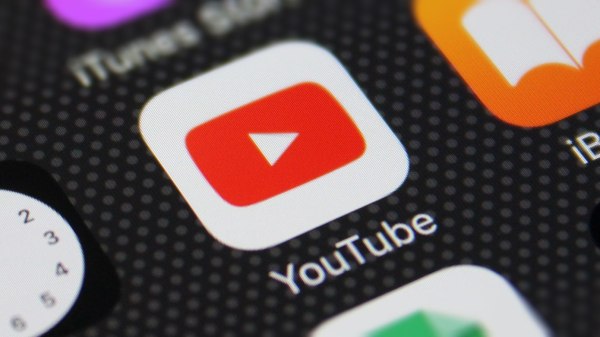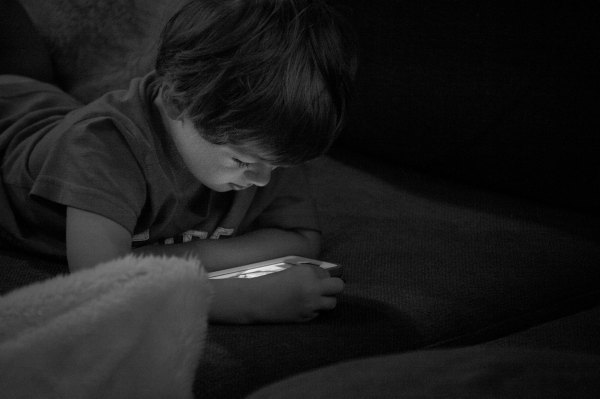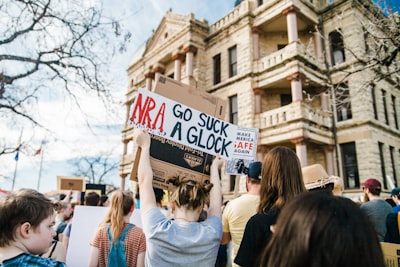COPPA (Children’s Online Privacy Protection Act) Is a federal law that seeks to regulate how websites and online assets could gather information from children, and it is enforced by the FTC. The goal of COPPA is to prevent the deceptive targeting of children with campaigns to extract personal information — but is that what it will really accomplish?
COPPA regulates websites that obtain personal information from U.S. children under the age of 13. YouTube have been charged with illegally collected personal information from children without their parents’ consent. They are going to have to pay a record $170 million to settle allegations by the FTC. Under this settlement, YouTube will have to implement a series of changes for how kids’ content is treated on the platform.
First, they have to stop collecting data and serving targeted ads against these videos, regardless of the age of the actual viewer. This is a big deal — it means ads served against kids content will basically be served blindly, i.e. the targeting against these videos is not personalized. This means poor performance for advertisers, and as this content becomes less lucrative, advertisers might outright avoid ever serving against kids content altogether. This also means this content becomes less lucrative for creators. In plain revenue terms, turning off personalized ads in your channel is, if not decimate your revenue, it’s going to at least cut it in half. That’s not all, if you mark a video as being for children, it’ll cut the notifications and commenting features, and it will not be recommended.
Under COPPA, a court can fine operators who violate the rules up to $42,530 per violation. As a content creator, that’s a big chunk of your revenue.
Under the settlement, YouTube also has to develop and maintain a system that lets channel owners identify “child-directed content” so that YouTube can ensure it complies with COPPA. Here’s have a better idea — stop siphoning off data from users altogether. How about that — there, fixed your problem.
Starting this month, YouTube is requiring all creators, regardless of location and whether or not you actually produce kids’ content, to designate whether your videos are made for kids. So, YouTube is putting the onus on creators to comply with COPPA. According to YouTube’s help-center document on the topic, “If you fail to set your audience accurately, you may face compliance issues with the FTC or other authorities, and we may take action on your YouTube account”.
As a content creator, what can you do?
Here’s how to verify a YouTube Channel with Brave Payments
Here’s the Petition to SAVE Family-Friendly Content on YouTube
Supporters of taim.io.










